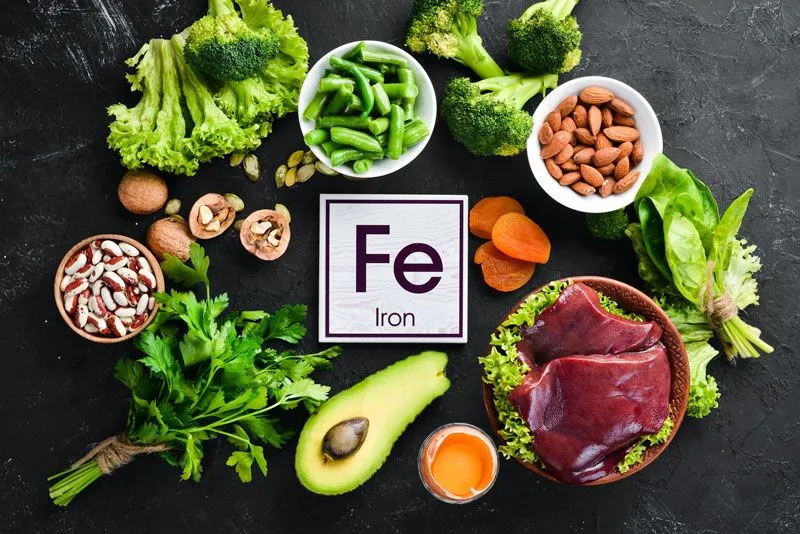Carnivore Diet has been my choice For the past 3 to 4 years, I’ve embraced the carnivore diet, focusing solely on meat for my nutritional needs. I believed that this lifestyle would lead to optimal health, especially in terms of my cholesterol levels. Recently, I had my blood work done, fully expecting to see high cholesterol numbers due to my meat-based diet.
To my astonishment, the results were the exact opposite! My cholesterol levels, triglycerides, HDL, and LDL were all within normal ranges. I felt a wave of relief wash over me, thinking that all my dietary choices were indeed beneficial. However, one aspect of the results caught me off guard: my red blood cell count and iron concentration were both low, indicating potential anemia. This was shocking considering the generous amount of red meat I consume.
Carnivore Diet & Low Iron…huh?
Upon further investigation, I learned that the reason for my low iron absorption could be linked to my lack of Vitamin C intake. As it turns out, Vitamin C plays a crucial role in iron absorption, particularly non-heme iron, which is less readily absorbed than heme iron found in animal products.
This experience has been eye-opening for me, emphasizing the importance of a balanced approach even within restrictive diets like the carnivore diet. I learned that it’s not just about eating meat; it’s also crucial to complement my diet with Vitamin C-rich foods or supplements to aid in iron absorption.
In summary, while the carnivore diet has its benefits, it is essential not to overlook the role of additional nutrients like Vitamin C, particularly when it comes to maintaining optimal health. If you are on a similar dietary path, I strongly encourage you to consider the complete nutritional picture and how various vitamins and minerals work together in your body’s functions. We wrote and blog post on true Vitamin C deficiency that yo may find interesting.

